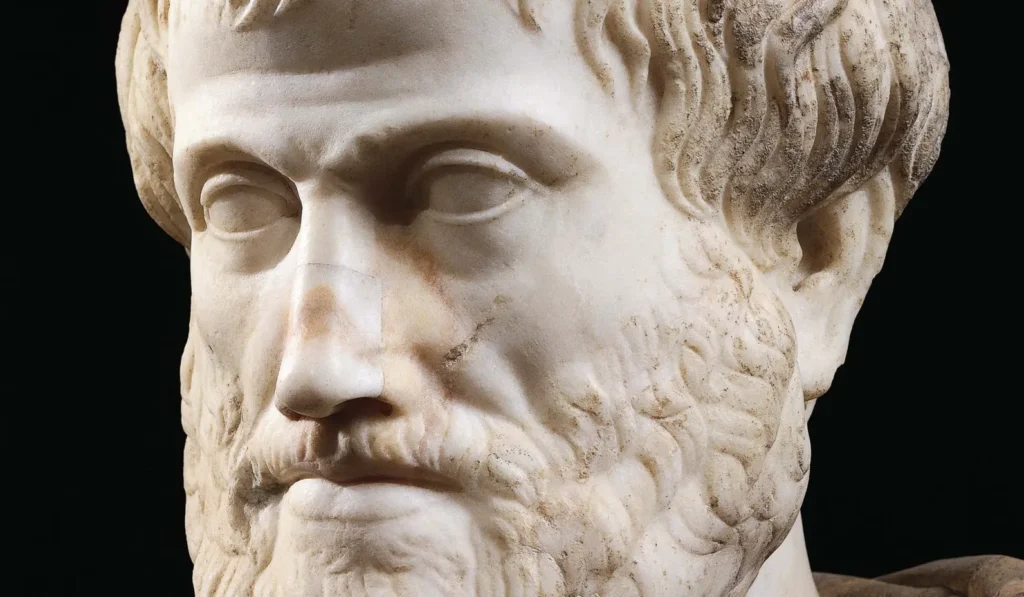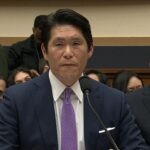
Published August 10, 2023
Dissatisfaction with public education in the U.S. has become so widespread that it is now rather too obvious to note that the Covid-19 pandemic provoked a great parental reconsideration of where their children attend school.
As families are seeking new options, one unique alternative is experiencing something of a renaissance: classical education.
This style of education has roots reaching back to the time of Plato and Aristotle and came into maturity during the Middle Ages. Classical education is grounded in the liberal arts, the great-books tradition, and the history of Western civilization, and it is oriented toward pursuing truth, goodness, and beauty. While some opponents argue that classical education is too aligned with conservative politics, its aims are not motivated by or perfectly aligned with any particular political ideology or movement: teaching students moral virtue, forming their character, and helping them understand the human person and the world in which we live.
Continue reading at the National Review.
Alexandra DeSanctis is a fellow at the Ethics and Public Policy Center and a contributing writer at National Review.
EPPC Fellow Alexandra DeSanctis writes on culture and family issues, with a particular focus on abortion policy and pro-life advocacy, as a member of the Life and Family Initiative.












